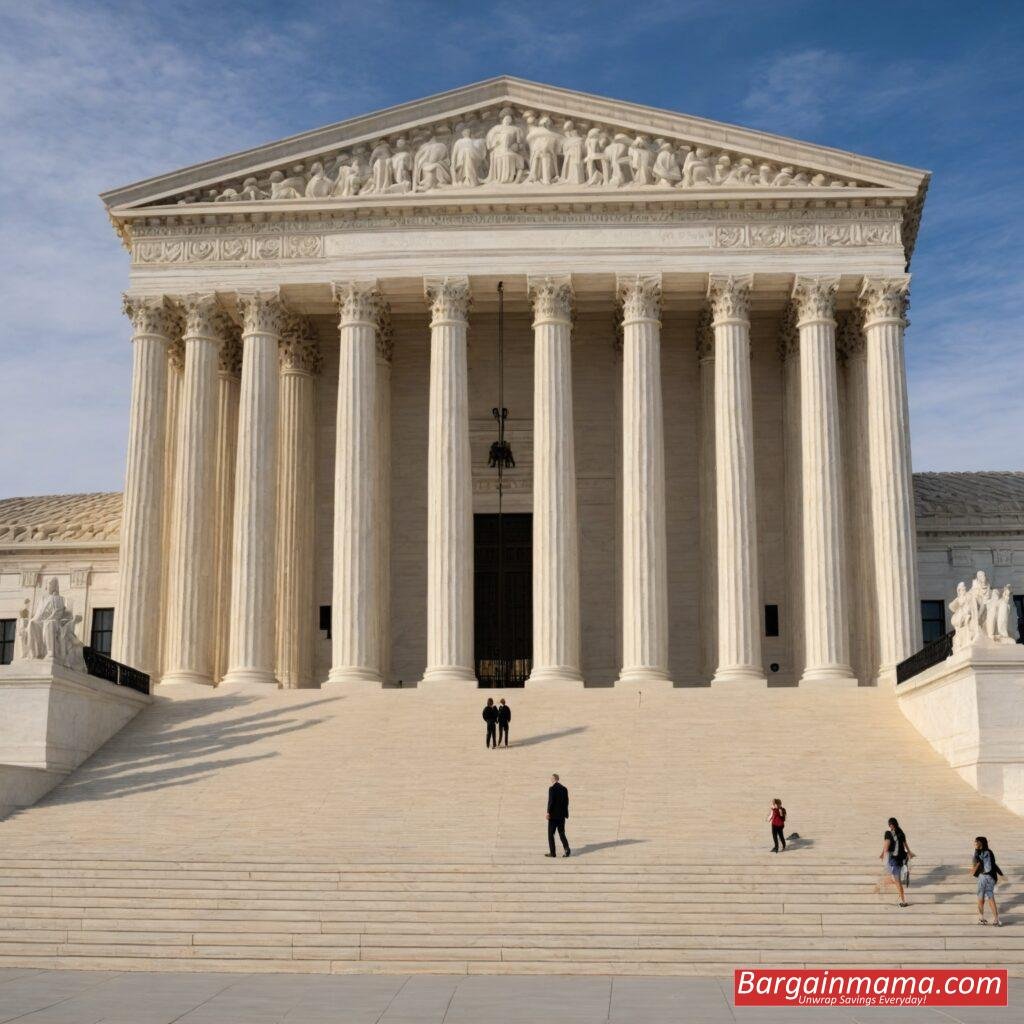In a number of Republican-led states where the new restrictions are presently being blocked, the Department of Justice (DOJ) has asked the Supreme Court to provide emergency relief, therefore partially restoring President Biden’s Title IX regulation. According to the DOJ, the injunctions issued by lower courts to halt the rule in its entirety are “more burdensome” than required.
In April, the Education Department introduced a comprehensive set of changes to Title IX, the federal civil rights law that prohibits sex discrimination in schools and education programs receiving government funding. For the first time, the new rule covers discrimination based on sexual orientation and gender identity. This move drew swift criticism from Republicans, who claimed the new regulations undermine the original intent of Title IX, leading to a series of multistate lawsuits.
Federal judges sided with the states in three cases, preventing the administration’s rule from taking effect in 15 GOP-led states while legal challenges against the rule continue in court. Despite this, the remaining states are expected to implement the changes by August 1.

Furthermore, the rule cannot be implemented at any school where a student of a conservative political organization called Moms for Liberty or at any school where a student of the Young America’s Foundation, a group for young conservatives, attends.
Ten states—Tennessee, Kentucky, Ohio, Indiana, Virginia, West Virginia, Louisiana, Mississippi, Montana, and Idaho—were the targets of district court injunctions against the administration’s Title IX regulation, which U.S. Solicitor General Elizabeth Prelogar requested the Supreme Court to limit on Monday. She said that the injunctions ought to be limited to the rule’s ban on discrimination based on gender identity, which is the clause at issue in the cases contesting the new Title IX rules. These rules also modify how colleges respond to allegations of sexual harassment and assault and strengthen safeguards for students who are pregnant or nursing.
According to Prelogar’s Monday post, states have not objected to “the vast majority” of the modifications made to Title IX. Rather, she stated, “they oppose three specific sections of the Regulation concerning discrimination against transgender people.”
Conservative states and leaders have long maintained that the 2020 Supreme Court ruling shielding workers from gender identity discrimination is not being correctly interpreted by the administration’s Title IX rule. Republicans have also criticized the rule, arguing that it might force schools to permit transgender kids to use locker rooms, restrooms, and pronouns consistent with their gender identification, in violation of legislation enacted in more than a dozen states controlled by the GOP.
The district court granted a preliminary injunction after ruling that the challenges made by the respondents are likely to be successful. However, Prelogar noted on Monday that the court declined to modify the injunction to the three Rule sections that the respondents have contested on merits or even to the two that they claim cause harm. “Instead, the court enjoined the entire Rule, encompassing numerous provisions that the court did not claim to find likely invalid and that respondents had not challenged.”
She went on, citing a May Supreme Court ruling that limited a lower court order to allow Idaho to enforce its felony ban on gender-affirming care for minors. “Just a few months ago, this Court granted a partial stay because a district court had entered a sweeping preliminary injunction that flouted the fundamental principle that equitable relief must not be’more burdensome to the defendant than necessary to redress’ the plaintiff’s injuries,” she said.
Prelogar stated that “a number of Justices cautioned that ‘[l]ower courts would be wise to take heed’ of that reminder about the limitations on their equitable powers.” “This Court’s intervention is once more required, as the lower courts here disregarded that warning.”
The Supreme Court will be the focal point of a heated legal dispute over the Biden administration’s attempts to increase Title IX protections as a result of the DOJ’s request. The outcome of the ongoing court procedures will have a substantial influence on how these new policies are implemented across the country.



